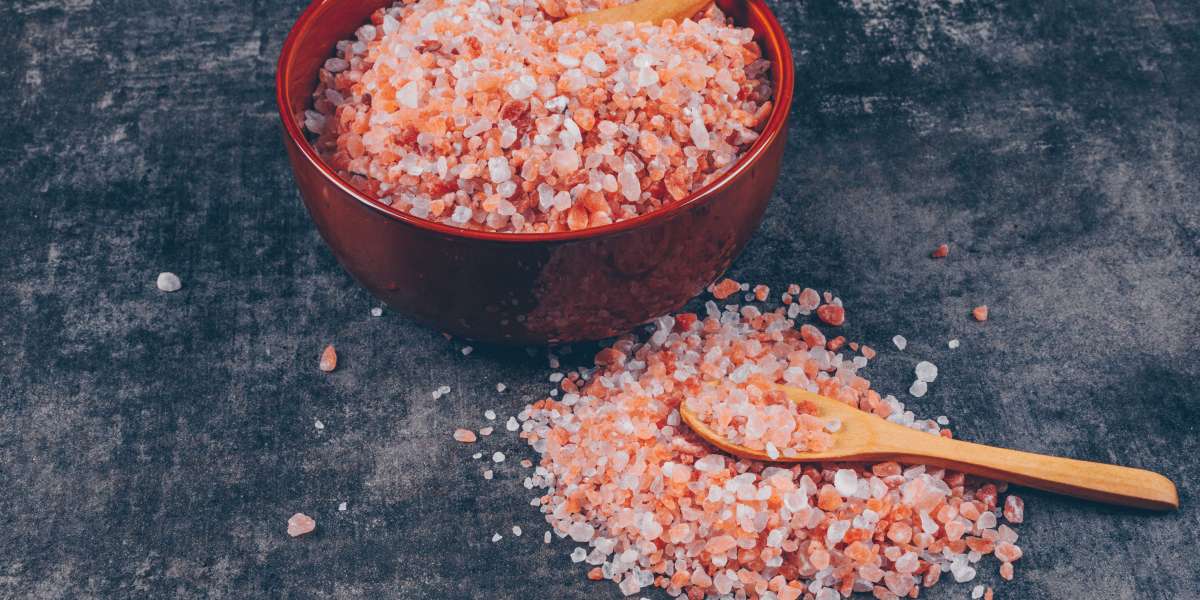Is epsom salt edible
Epsom salt, also known as magnesium sulfate, has been used for centuries for various health and wellness purposes, primarily as a bath soak or for relieving sore muscles. While it’s most commonly associated with external applications, many people wonder whether Epsom salt is edible and if it offers any health benefits when consumed. This article will explore the composition, potential uses, safety concerns, and health implications of consuming Epsom salt.
Algohar World natural salt lamps that are believed to provide various benefits, combining both the aesthetic appeal and the potential health advantages associated with Himalayan salt lamps.
What is Epsom Salt?
Epsom salt is a naturally occurring mineral compound comprised of magnesium, sulfur, and oxygen. The name Epsom comes from a town in Surrey, England, where it was first discovered in natural spring waters. Epsom salt is widely used for therapeutic baths, body scrubs, and other external applications due to its purported benefits for skin, muscles, and overall well-being. However, some varieties of Epsom salt are marketed as suitable for internal consumption.
Traditional Uses of Epsom Salt
For centuries, Epsom salt has been used to treat a variety of ailments, primarily through external applications. Common uses include:
Potential Health Benefits of Consuming Epsom Salt
Magnesium Supplementation
One of the primary reasons people consume Epsom salt is to increase their magnesium intake. Magnesium is an essential mineral that supports over 300 biochemical processes in the body, including muscle and nerve function, energy production, and maintaining a healthy heart rhythm. Many individuals are deficient in magnesium, and Epsom salt offers a potential method for supplementing this mineral. However, there are safer and more controlled methods of magnesium supplementation, such as oral magnesium supplements, that may be preferable to Epsom salt.
Natural Laxative for Constipation
Epsom salt is approved by the FDA as a laxative for the relief of constipation. The magnesium sulfate in Epsom salt draws water into the intestines, which helps soften stools and encourages bowel movements. When used as a laxative, it is usually mixed with water and consumed on an empty stomach. However, because the effects can be quite powerful, it’s important to adhere to dosage recommendations and use this remedy sparingly to avoid dehydration or electrolyte imbalances.
Muscle Recovery and Relaxation
Though magnesium is commonly absorbed through the skin in an Epsom salt bath, some believe that ingesting Epsom salt can provide similar benefits internally, aiding in muscle recovery and reducing cramping or soreness after physical activity. Magnesium plays a crucial role in muscle relaxation, and proper levels may help prevent conditions like muscle spasms or tension headaches.
Wait: is epsom salt edible is traditionally used externally, consuming food-grade or USP-grade Epsom salt in small, regulated amounts can provide a variety of health benefits.
Detoxification
Epsom salt is sometimes promoted as a detoxifying agent when ingested, as magnesium is believed to aid in the body’s natural detoxification process. The sulfate component of Epsom salt may also play a role in supporting liver function and eliminating toxins. However, it’s important to note that the body has its own sophisticated detoxification systems (e.g., liver, kidneys), and ingesting Epsom salt should not be relied upon for this purpose.
Risks and Side Effects of Consuming Epsom Salt
While there are some potential benefits to consuming Epsom salt, it’s essential to be aware of the risks and possible side effects. Overconsumption of Epsom salt or failure to follow proper dosage guidelines can result in several adverse effects, including:
How to Safely Consume Epsom Salt
If you are considering consuming Epsom salt, it’s crucial to follow these safety guidelines:
Dosage Guidelines
For use as a laxative, the standard dosage for adults is typically 2 to 6 teaspoons (10 to 30 grams) of Epsom salt dissolved in water. This should be taken on an empty stomach, and effects are generally seen within 30 minutes to six hours. Always start with the smallest dose to avoid overconsumption, and consult a healthcare provider before using Epsom salt, especially for prolonged periods.
Mixing Epsom Salt for Oral Consumption
To consume Epsom salt, dissolve the recommended dose in a glass of warm water and stir until fully dissolved. Some people find the taste of Epsom salt unpleasant, so it may help to add lemon juice or a small amount of honey to improve the flavor.
Special Considerations for Certain Populations
Individuals with kidney disease, heart conditions, or those who are pregnant should avoid ingesting Epsom salt unless advised to do so by a healthcare professional. These groups may be more vulnerable to complications from magnesium overload or dehydration.
Alternatives to Epsom Salt for Magnesium Intake
If your goal is to increase magnesium levels, there are safer and more convenient alternatives to consuming Epsom salt. Consider the following options:
Conclusion
While Epsom salt can be consumed for specific purposes, such as relieving constipation or providing magnesium supplementation, it should be done cautiously and only with Epsom salt that is labeled food grade or USP certified. Consuming too much Epsom salt or using it improperly can result in serious side effects, including dehydration, diarrhea, and magnesium toxicity.For most people, there are safer, more effective ways to increase magnesium intake or manage digestive issues. Consulting a healthcare provider before using Epsom salt for internal purposes is always recommended to ensure it’s appropriate for your individual health needs.






